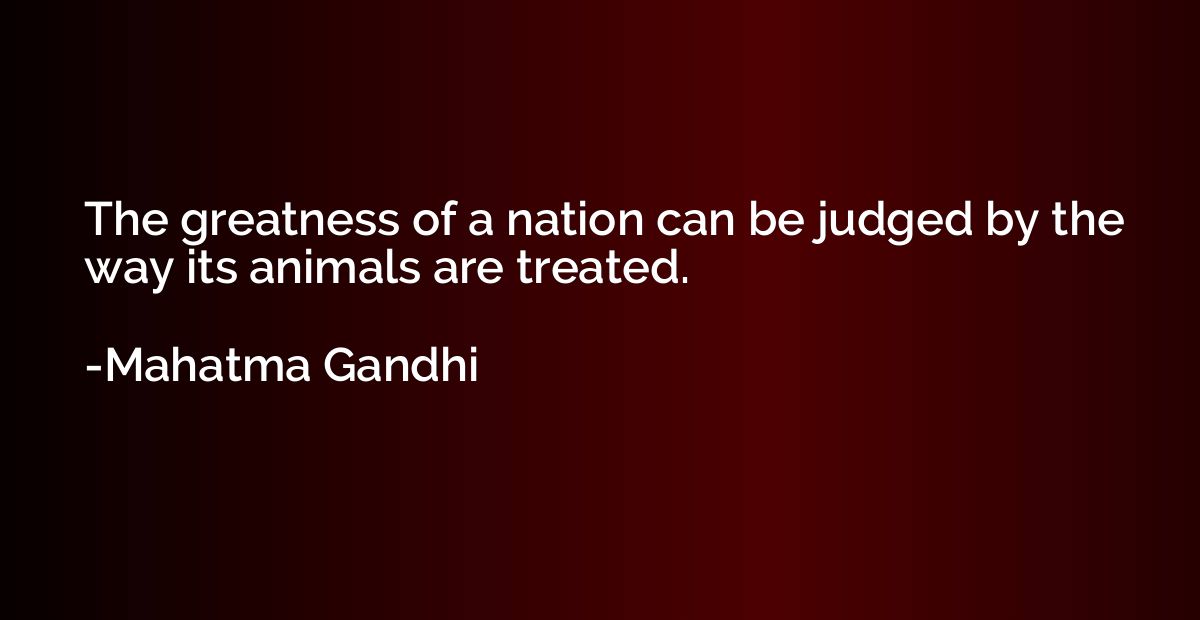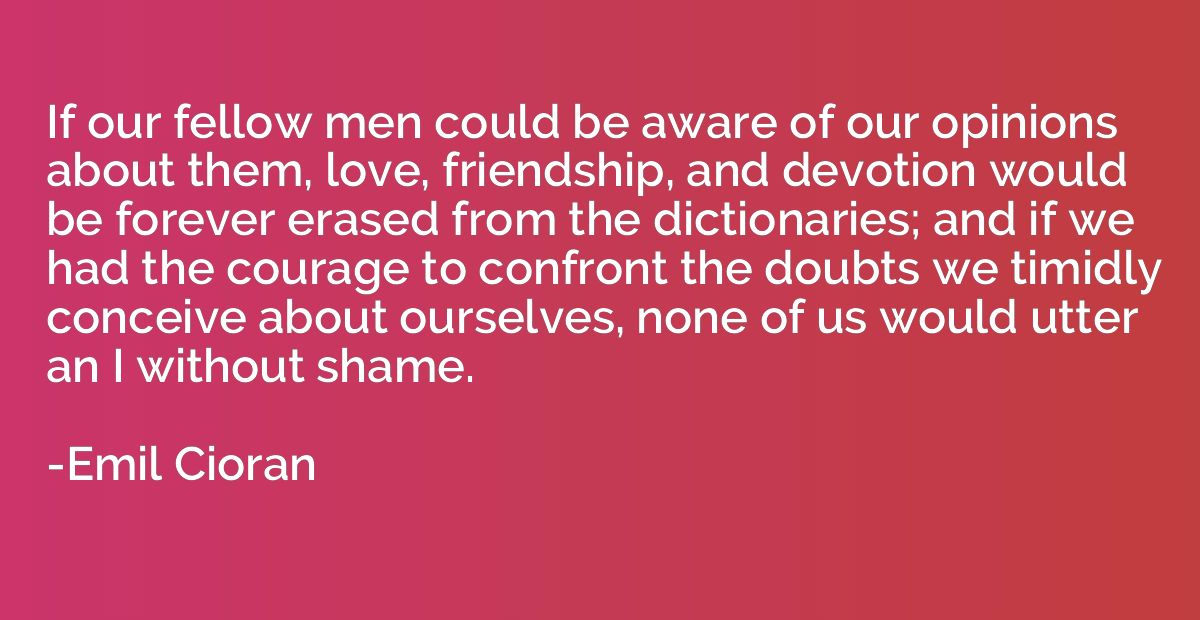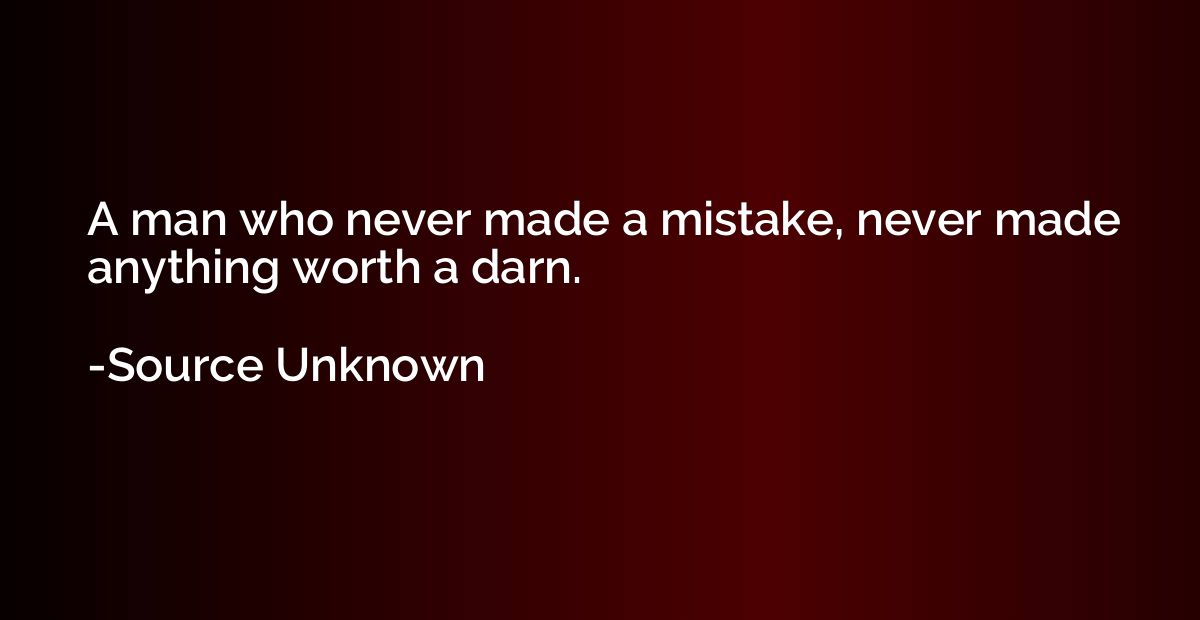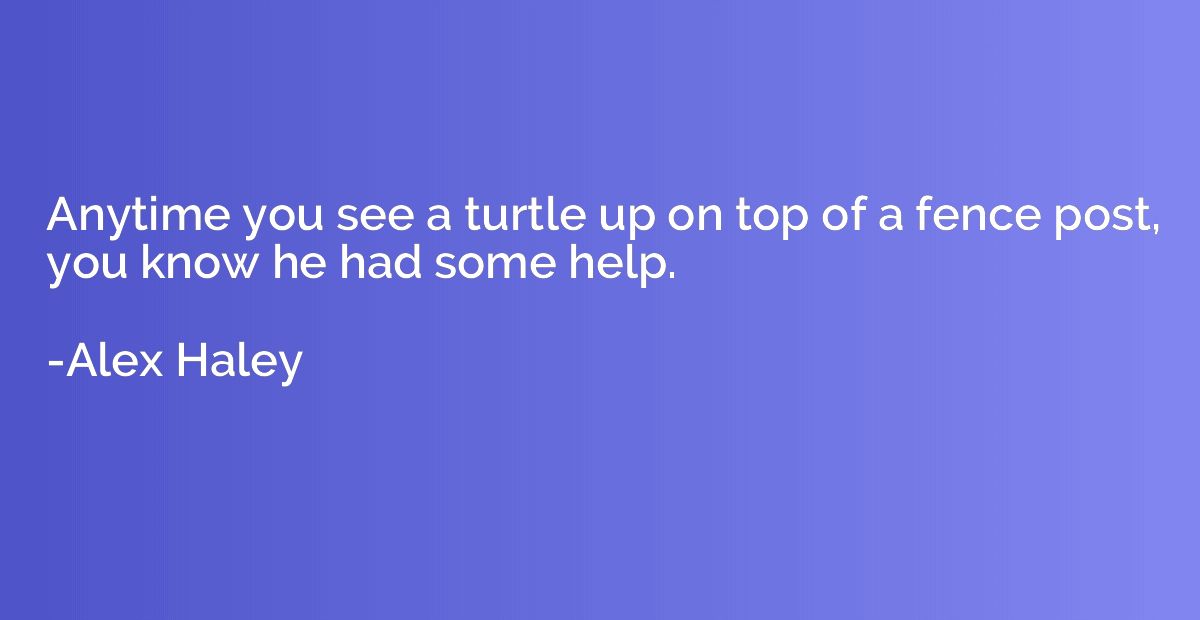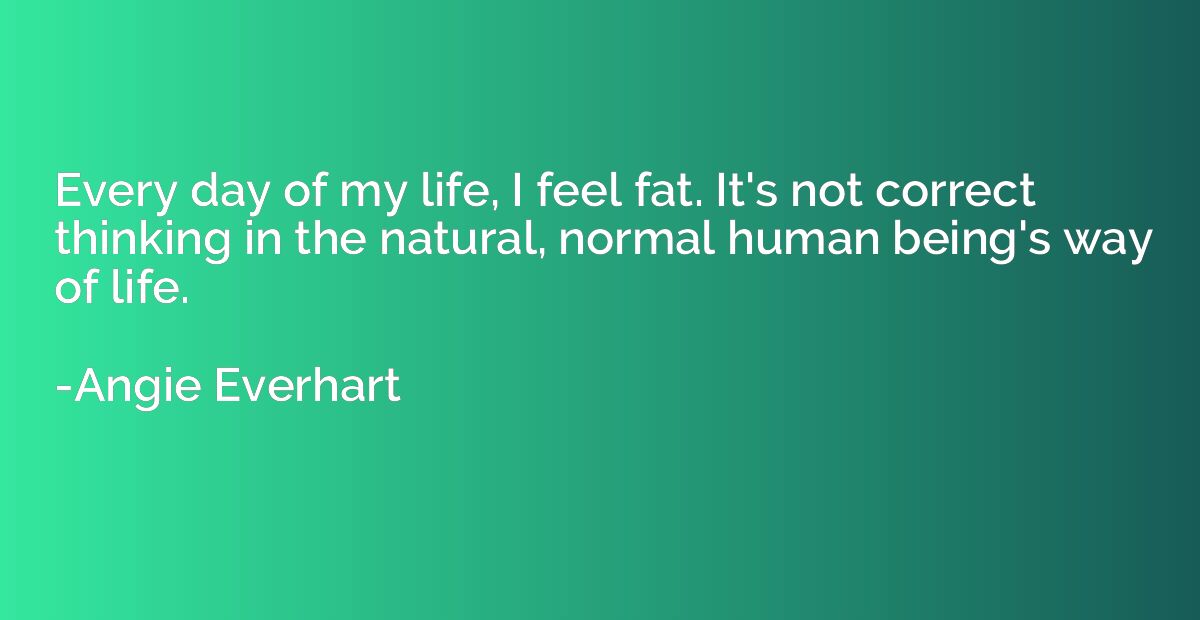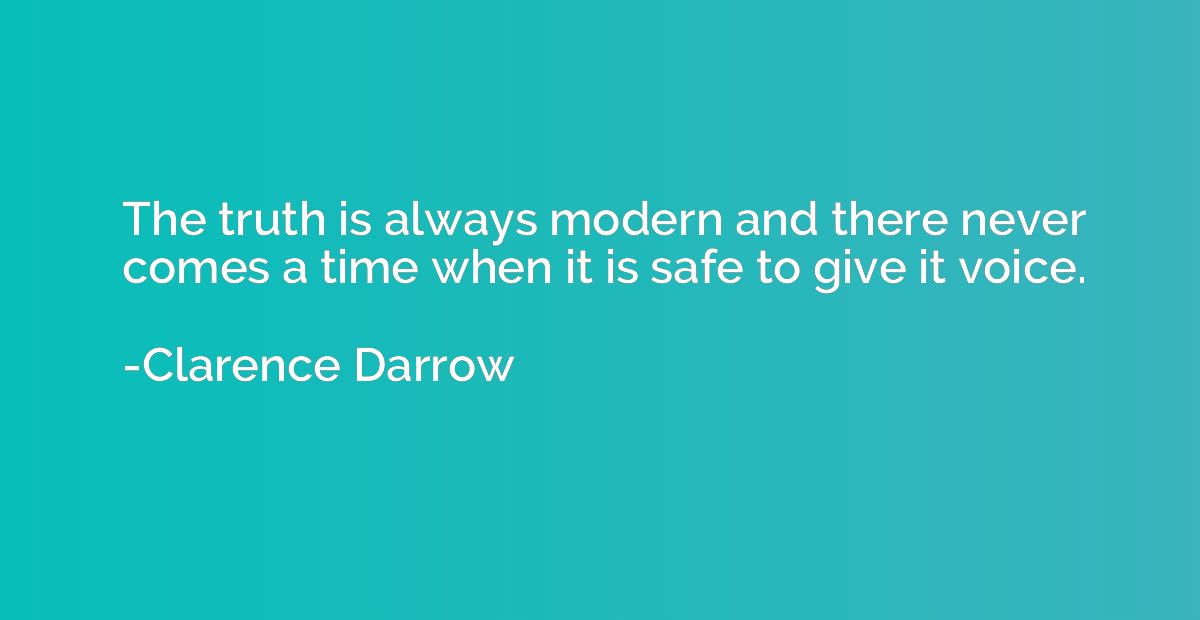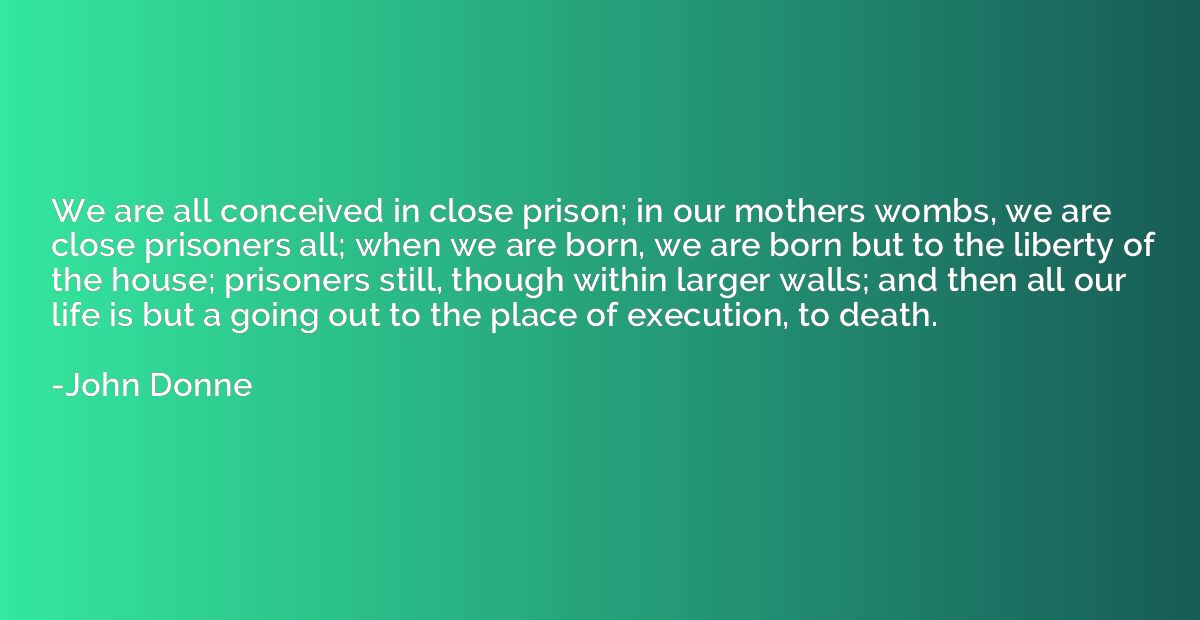Quote by Iyanla Vanzant
If you are a card-carrying human being, chances are that you share the same fear as all other humans: the fear of losing love, respect and connection to others. And if you are human, in order to avoid or prevent the pain, trauma and perceived devastation of the loss, you will do anything to avoid your greatest fear from being visited on you.
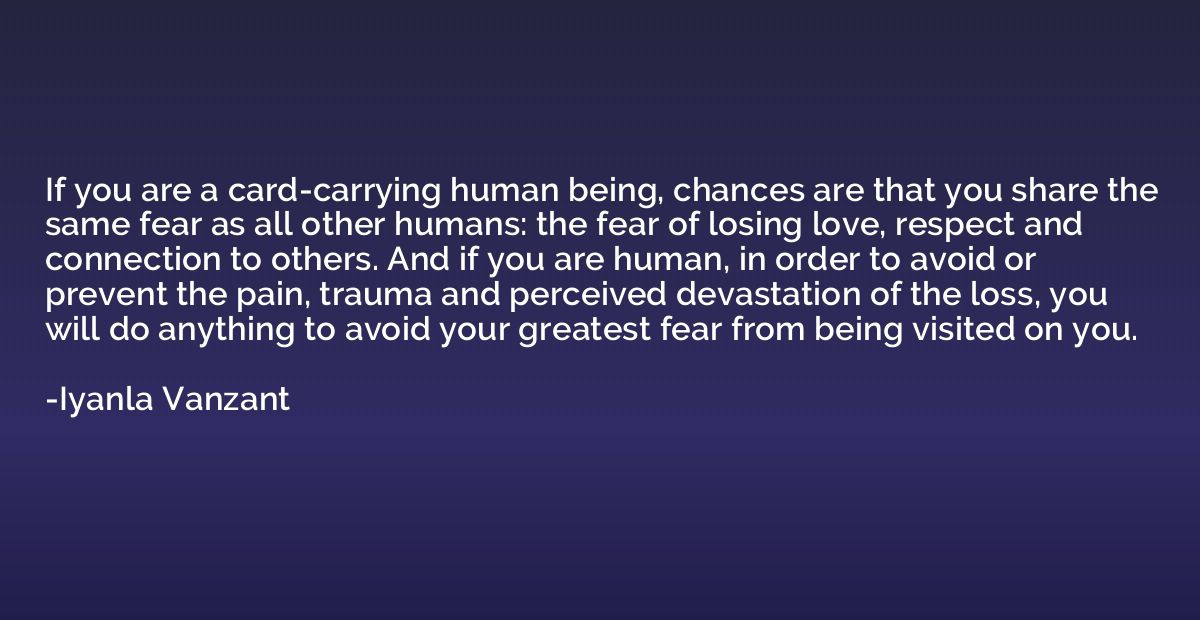
Summary
This quote suggests that as humans, we all have a common fear of losing love, respect, and connection with others. This fear compels us to go to great lengths to prevent such losses from happening, as we are driven to avoid the emotional pain and devastation that may come with it. This fear of losing these significant aspects of our relationships can be a powerful motivator, influencing our actions and decisions in order to maintain the love, respect, and connection we desire from others.



